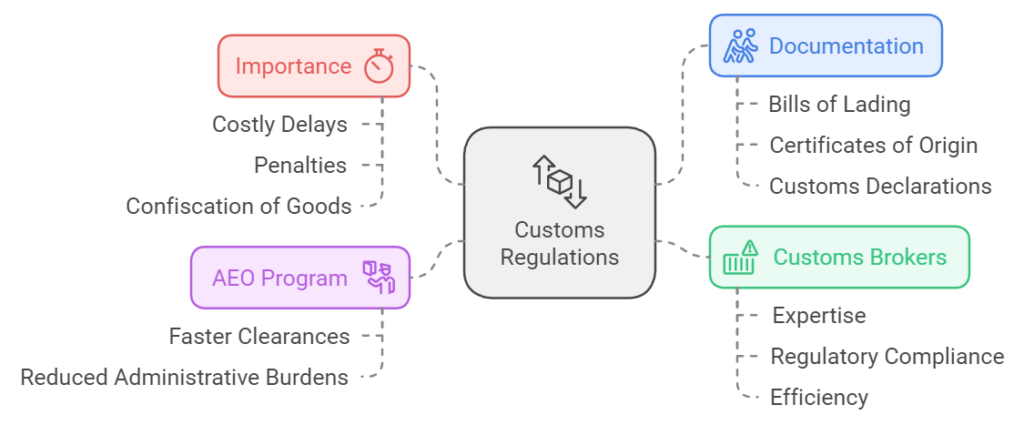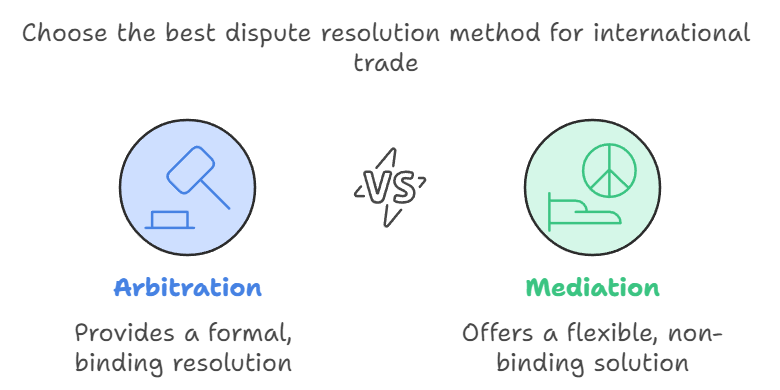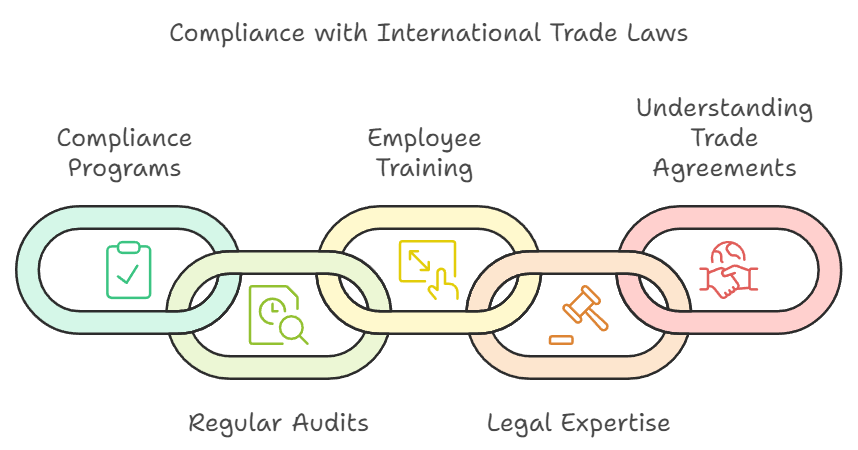In the intricate world of international commerce, understanding trade agreements is more than just a legal necessity—it’s a strategic advantage. These agreements define the rights, obligations, and opportunities that dictate your business’s performance on the global stage. For companies ranging from startups to multinational corporations, a solid understanding of trade agreements can mitigate risks, ensure compliance, and unlock growth in competitive markets.
This guide dives deep into the critical aspects of international trade agreements, equipping you with the knowledge to navigate their complexities effectively. From clarifying your rights to understanding customs regulations and resolving disputes, you’ll gain insights that safeguard your business interests while enhancing global competitiveness.
Rights and Obligations Between Parties
Clear definitions of rights and obligations are the foundation of every successful trade agreement. They outline what each party can expect, from payment terms and delivery schedules to product quality and liability.

For businesses, ambiguous terms can lead to disputes that disrupt operations and incur significant costs. Legal counsel is essential to ensure agreements are well-drafted, with explicit terms that protect your interests. Tools like Incoterms (International Commercial Terms) are invaluable, offering standardized definitions that eliminate uncertainty in responsibilities, such as shipping and insurance.
Customs Regulations and Procedures
Navigating customs regulations is critical to avoid costly delays, penalties, or confiscation of goods. Proper documentation, including bills of lading, certificates of origin, and customs declarations, is vital for smooth border crossings.
Businesses can benefit from using customs brokers or freight forwarders, who bring expertise in regulatory compliance. Additionally, programs like the EU’s Authorised Economic Operator (AEO) streamline customs processes, granting faster clearances and reduced administrative burdens.

Governing Law and Jurisdiction Clauses
Choosing the governing law and jurisdiction in a trade agreement is a critical strategic decision. These clauses determine the legal framework for resolving disputes and significantly influence the outcomes of legal proceedings.
For international trade, arbitration in neutral venues—such as Switzerland or Singapore—is often preferred due to their efficiency and impartiality. Including a well-drafted jurisdiction clause in agreements ensures clarity, reducing the risk of procedural disputes.
Trade Barriers and Tariffs
Trade barriers, whether tariff-based or regulatory, pose challenges to market access and profitability. Businesses can mitigate these barriers by leveraging Free Trade Agreements (FTAs) that reduce tariffs or simplify compliance.
Supply chain optimization is another effective strategy. For instance, sourcing materials from countries with favorable trade terms or relocating production to tariff-free zones can significantly cut costs.
Dispute Resolution Methods

Disputes are an inherent risk in international trade, making an efficient resolution process vital. Arbitration and mediation offer quicker, confidential alternatives to court proceedings, while maintaining business relationships.
A dispute resolution clause within agreements provides a clear roadmap for resolving conflicts. The choice of method should align with the nature of the trade relationship and the parties’ desire for confidentiality.
Intellectual Property Protection in International Trade
Protecting intellectual property (IP) in international trade is critical for maintaining your competitive edge. Agreements should address IP concerns, specifying the use of trademarks, patents, and copyrights.
Tools like the Madrid Protocol simplify trademark registration across multiple jurisdictions, helping businesses secure their IP in key markets.
Compliance with International Trade Laws
Non-compliance with trade laws can result in severe penalties and reputational damage. Regular audits, compliance training, and expert legal advice are essential for maintaining alignment with both local and international regulations.
Examples include adhering to the Foreign Corrupt Practices Act (FCPA) or the UK Bribery Act, which impose stringent anti-corruption requirements on businesses.
